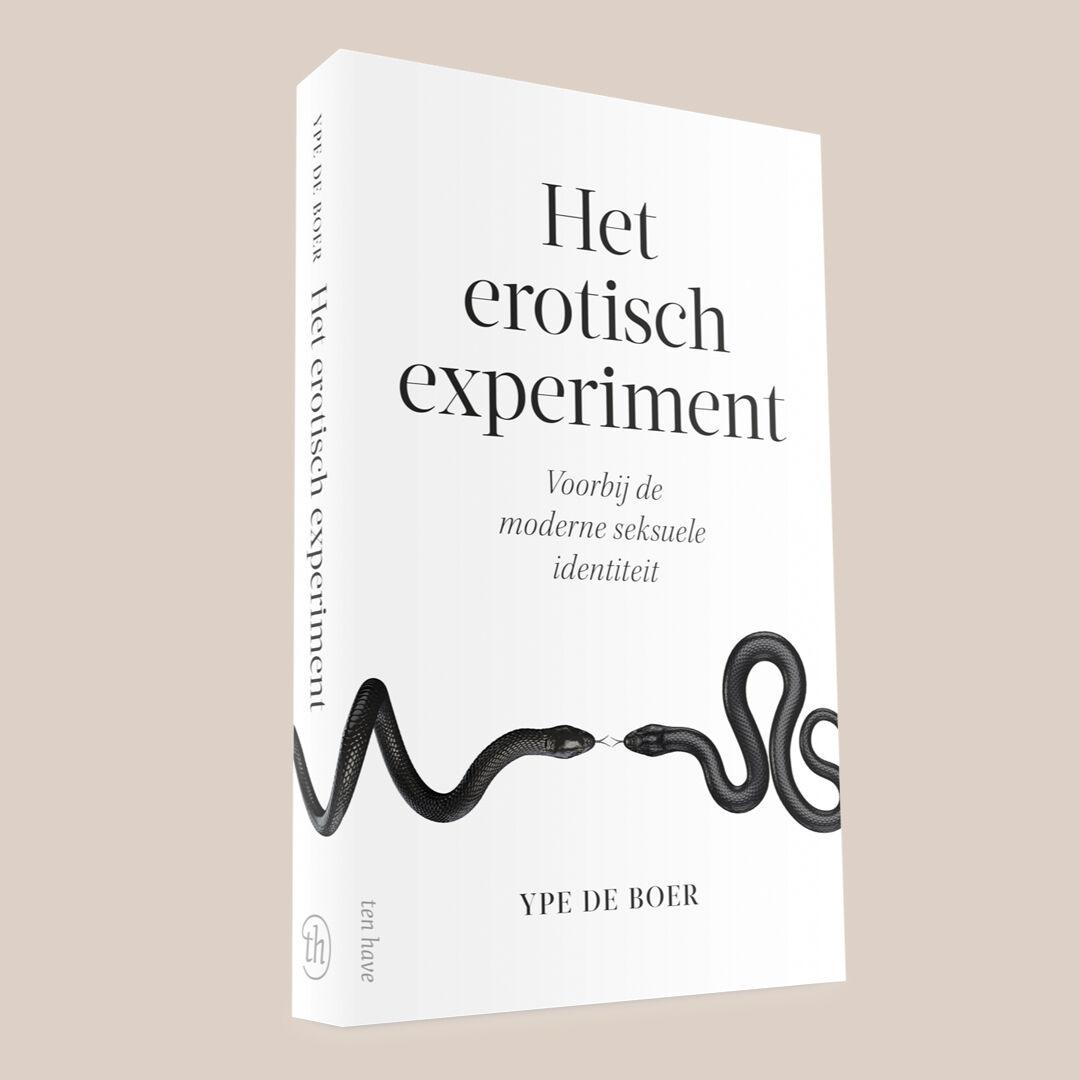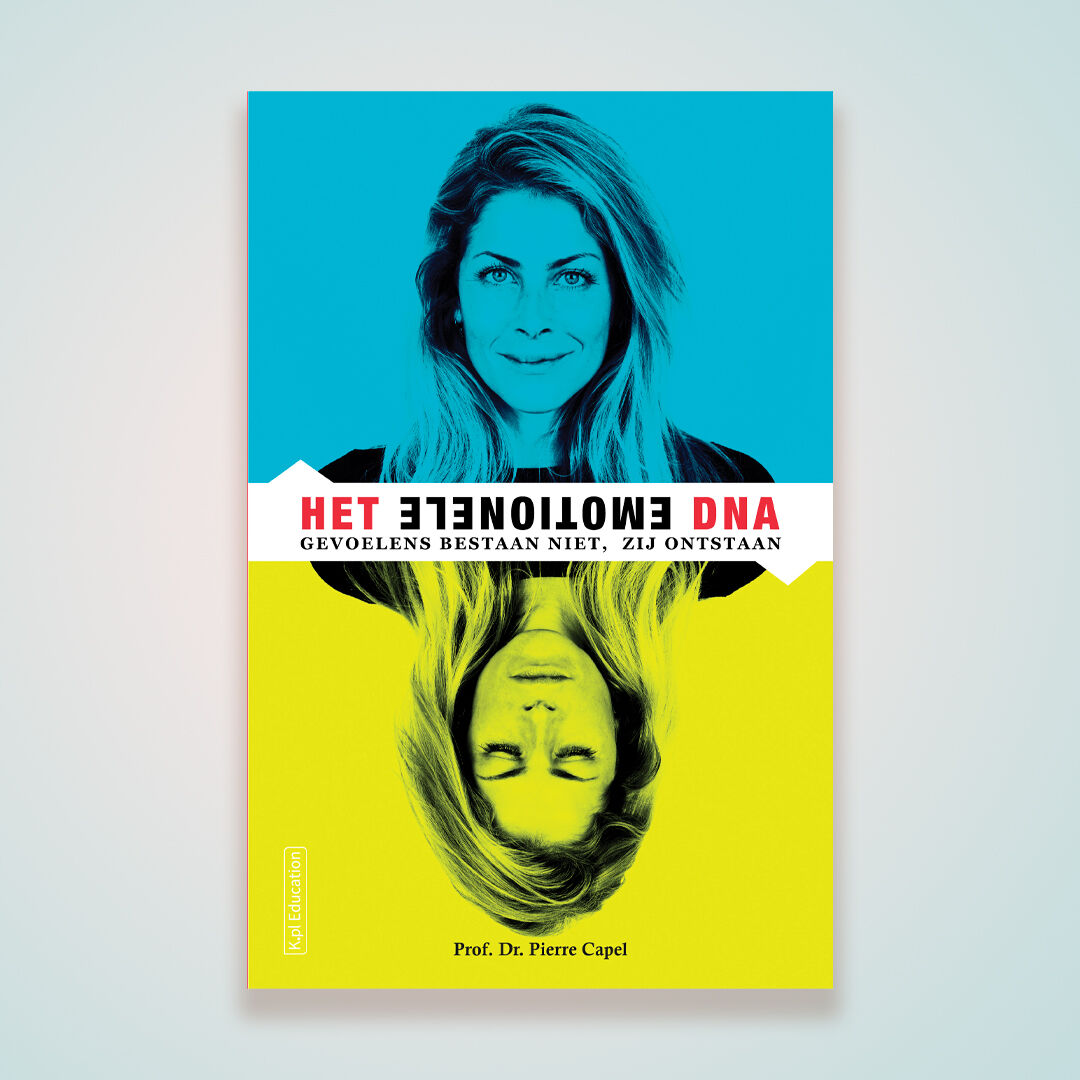An erotic experiment – Ype de Boer
Think you know everything about sex? Think again! For his must-read book ‘The erotic experiment’, Dutch philosopher Ype de Boer took off on a journey to discover strange new sexual worlds, freeing our erotic minds along the way.
Marlies: First of all, I want to thank you for writing an incredibly inspiring book. I discovered my erotic imagination at 7 years old and have turned it into my art and profession, but you showed me that there are still so many different erotic identities to explore. What motivated you to start this project?
Ype: Thank you, Marlies! I realized at some point that the way we think about eroticism is actually quite one-dimensional. Sure, growing up, we talked plenty about sex: during biology classes, boys amongst boys. But the consensus was that sex felt good, a simple, natural instinct that one should satisfy as much as possible and could occasionally be meaningful or romantic; all the rest was nonsense. After a while, I started feeling irritated and even imprisoned by that notion. I was a philosophy student by then and really into the theory that our ideas and ideals shape how we actually experience something. In the case of erotica, our experience is determined not just by our definition of sex, but also by our notion of what a body is, or lust, or even what it means to be human. And so, I started a philosophical experiment to challenge our sexual truths by exploring eroticism in different times, cultures and languages.
Marlies: Can you walk us through some highlights of your amazing journey?
Ype: Starting in the modern Western world, French philosopher Michel Foucault maintained that we look for the truth about ourselves in our sexuality. Consequently, we believe that in order to become a successful human being, we first need to discover our true sexual self, which then has to be recognized by the other. It becomes a right to be claimed even.
Marlies: Are the public debates taking place right now about the definition of gender and sexual identity a result of that way of thinking?
Ype: Absolutely. But when it comes to our erotic experience, there is downside to it. Because when your eroticism has to serve the development of your self-image – which could be anything from a devoted lover to a sexual libertine – it is no longer free; it is tied down by having to fulfill your ideals.
Marlies: As a feminist, I do want to make a side note. When you talk about knowing and claiming your sexual identity, I feel that this has not been a given for women. For the longest time, it was a male privilege. How do you see that?
Ype: I don’t believe men were necessarily more free in the expression of their true sexuality – I don’t believe such a thing exists –, but they did always have more standard sexual behavioral patterns available for them to fit into.
Marlies: Yes, just look at porn! An industry worth billions, offering plenty of sexual templates: 10 or 12-minute fantasies that men can identify with and can get off on.
Ype: And some women too, of course. But finding a formula to ejaculate is not the equivalent of discovering your true sexual self.
Marlies: Which brings us back to your book which contains so many eye-openers, like your description of the use of sexual talismans during the Renaissance and the female mystics of the Middle Ages. I was especially moved by the paragraph about the Sufis’ divine interpretation of sexual scent. Can you tell us more about that?
Ype: Yes, I talk about Ibn Arabi, a 12th century philosopher and poet who believed that physical union can be a gateway to the divine. And that the scents that are released during sex can play a big role in that. Nowadays, we have the tendency to think of scents as pleasant or unpleasant. And even though we definitely get turned on by certain smells, in general we prefer things to be hygienic and richly apply artificial perfume. Instead, Ibn Arabi spoke of natural scents in the moral terms of ‘good’ or ‘bad’.
Marlies: [laughs] I often read ‘hygiene’ as a requirement in personal ads and wonder: what exactly do these people want?
Ype: I know! But Ibn Arabi describes how in the right circumstances, sexual scents can move people together while leaving a trail straight to Allah, to the good.
Marlies: Beautiful. You are describing magical worlds that really challenge our sexual notions. The ancient Indian tradition of tantra is another interesting subject.
Ype: In the West, we adhere to the idea of an organic or mechanical body, driven by impulses. In tantra, the concept of a ‘subtle body‘ is central. A sort of energetic field that combines the physical body, thoughts and emotions, but goes even beyond that. Using tantric techniques, you train yourself to become aware of your energy and eventually communicate that with someone else, which may result in extremely intensified pleasure. But the physical orgasm that we in the Western world see as the ultimate aim of sex, is considered only a byproduct in tantra. Which I think is a remarkable example of how our erotic ideas fundamentally shape our erotic experience.
Marlies: It is! Yet, in your book, you leave tantra behind and move on.
Ype: As impressed as I was with tantra, and many other systems I explored during my experiment, the goal was not to find the ultimate erotic truth, but to show eroticism as something that can manifest itself in many different ways. We talk about sexual freedom, but how free are we really when we believe that sex can have only one truth, and we can have only one erotic identity? My experiment definitely challenged and expanded my own ideas; I hope it can do the same for my reader.
Marlies: Well, for this reader, it already has. Thank you, Ype!
Read more about Ype and his erotic experiment at www.ypedeboer.nl
MD Friends
Building bridges
From the Erasmus Bridge and the Mercedes-Benz Museum to Qatar’s metro network; Ben van Berkel’s iconic landmarks bring people together in rapturous beauty, again and again. I talked with the Dutch architect and educator about sensuality, ‘healthy’ buildings and the remarkable parallels between our designs.
MD Friends
More than a feeling
Don’t ignore your emotions; they are much more powerful than you can imagine. By linking the magical world of emotions with hard science, Dutch scientist Pierre Capel, professor emeritus in experimental immunology, shows us the consequences of our feelings and the power of our minds. The message: we can do much more than we think. “Meditate. It’s the single best thing you can do for your health.”
Marlies Says
Keto curious?
The fact that I feel bikini-confident all year round is, of course, a nice bonus. But for me, the biggest payoff of following the keto diet is the way it optimizes my health and gives me tons of energy.
Marlies Says
Super (skin) food
‘If you can’t eat it, why put it on your skin?’. I pretty much live by this beauty adage. After all, with your skin being one of your body’s largest organs, anything – and I mean anything! – you put onto your skin will end up in your bloodstream.











